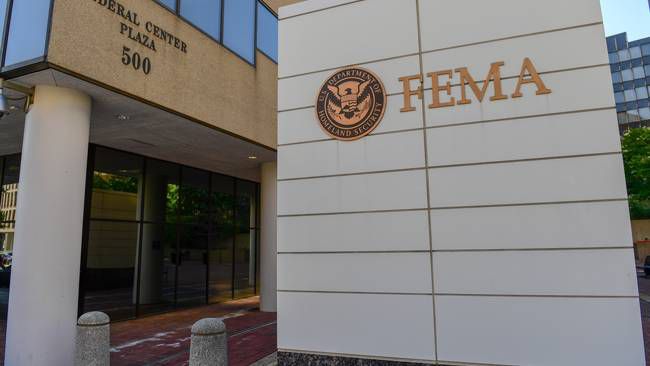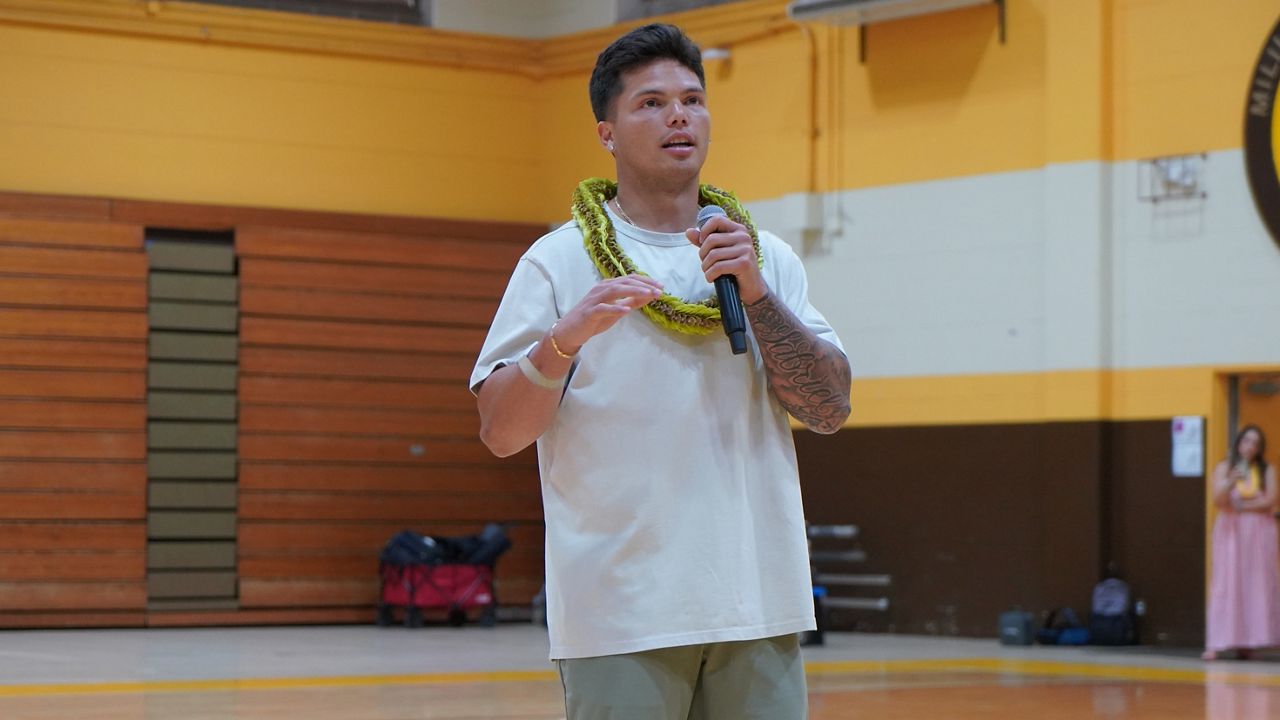U.S. Sen. Mazie Hirono, D-Hawaii, joined U.S. Rep. Donald Norcross, D-N.J., Tuesday in reintroducing a bicameral measure that would guarantee public sector workers the right to organize, act concertedly and bargain collectively in states that do not currently provide such protection.
The lawmakers noted that the so-called Public Service Freedom to Negotiate Act is being reintroduced at a “critical time” given President Donald Trump’s recent executive order ending collective bargaining for more than a million federal workers.
“Public sector workers teach our children, protect our safety and keep our communities moving forward; they deserve the right to organize,” Hirono said. “The Public Service Freedom to Negotiate Act will help ensure that millions of public sector workers across our country have the federal protections they deserve as they fight for fair wages, benefits and improved working conditions.
“Private sector workers are already guaranteed the right to organize under federal law,” she continued. “It should be common sense that public sector workers are afforded those same rights. As President Trump works to gut our public sector workforce, this bill is crucial to protect workers’ freedom to organize and bargain collectively.”
While some federal workers at the FBI, CIA and National Security Agency and other national security agencies were already barred from unionizing, Trump’s order broadly expanded the prohibition to include federal employees whose jobs less directly impact national security, including those at the Department of Defense, Department of State, Department of the Treasury, Department of Justice, areas of the Department of Homeland Security and other departments and agencies.
According to a fact sheet released by the White House, the Civil Service Reform Act of 1978, which authorizes most federal employees to unionize, “enables hostile federal unions to obstruct agency management. This is dangerous in agencies with national security responsibilities.”
Unions representing federal workers have filed three separate suits attempting to reverse the order and members of the U.S. House of Representatives last week introduced the bipartisan Protect America’s Workforce Act, which would reverse Trump’s executive order and restore collective bargaining agreements at all affected agencies.
Meanwhile, the newly reintroduced Public Service Freedom to Negotiate Act proposes to set a minimum nationwide standard of collective bargaining rights that states must provide. If passed, the bill would give public sector workers the freedom to:
- Join together in a union selected by a majority of employees
- Collectively bargain over wages, hours and terms and conditions of employment
- Access dispute-resolution mechanisms
- Use voluntary payroll deduction for union dues
- Engage in concerted activities related to collective bargaining and mutual aid
- File suit to enforce labor rights
The measure would also guarantee that unions “be free from requirements to hold rigged recertification elections.”
The measure was co-sponsored in the Senate by 38 other Democratic and Independent senators, including Hirono’s fellow Hawaii Democrat Sen. Brian Schatz.
It is broadly supported by organized labor organizations, including the American Federation of State, County and Municipal Employees, the Communications Workers of America, American Federation of Teachers, AFL-CIO, International Brotherhood of Teamsters, National Education Association and others.
“Passing this legislation has never been more urgent — especially now, as federal workers face unprecedented attacks on their collective bargaining rights,” said AFSCME President Lee Saunders. “We believe, as most Americans do, that every worker deserves a union — no matter who they work for. This bill is about something fundamental: respect. Respect for the public service workers who’ve devoted their careers to serving their communities. And respect means the freedom to negotiate.”
Michael Tsai covers local and state politics for Spectrum News Hawaii. He can be reached at michael.tsai@charter.com.











